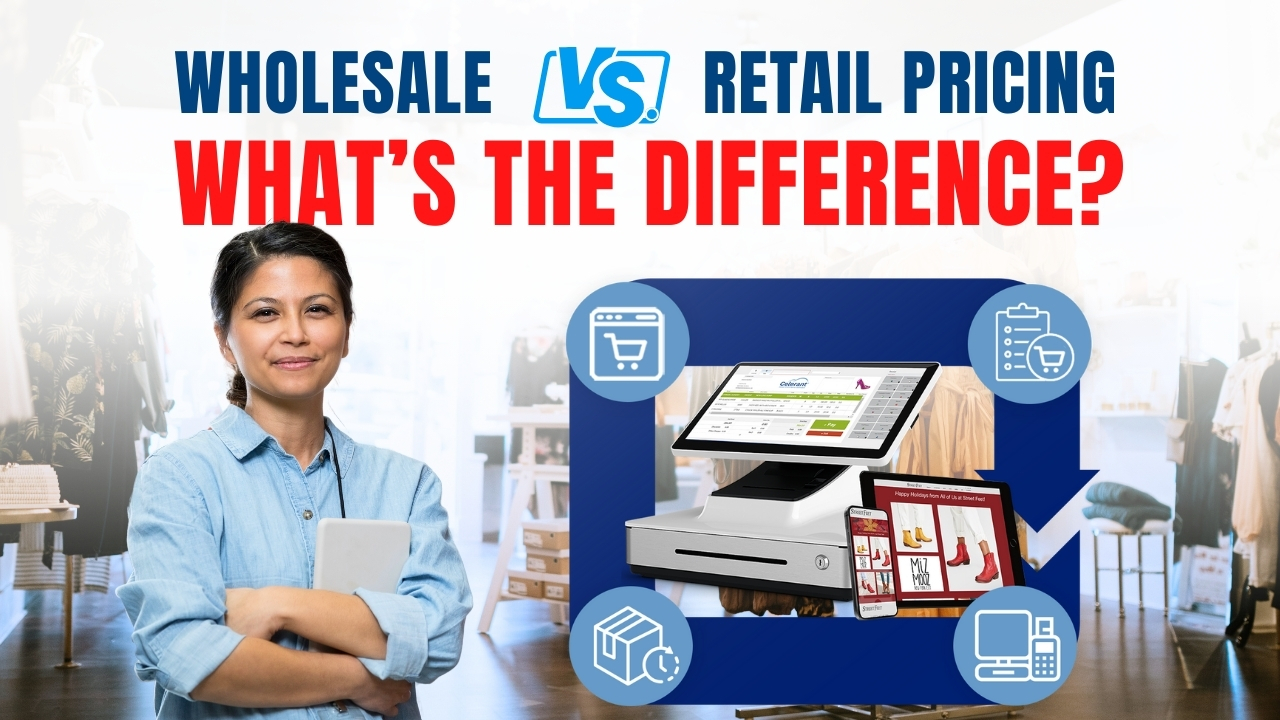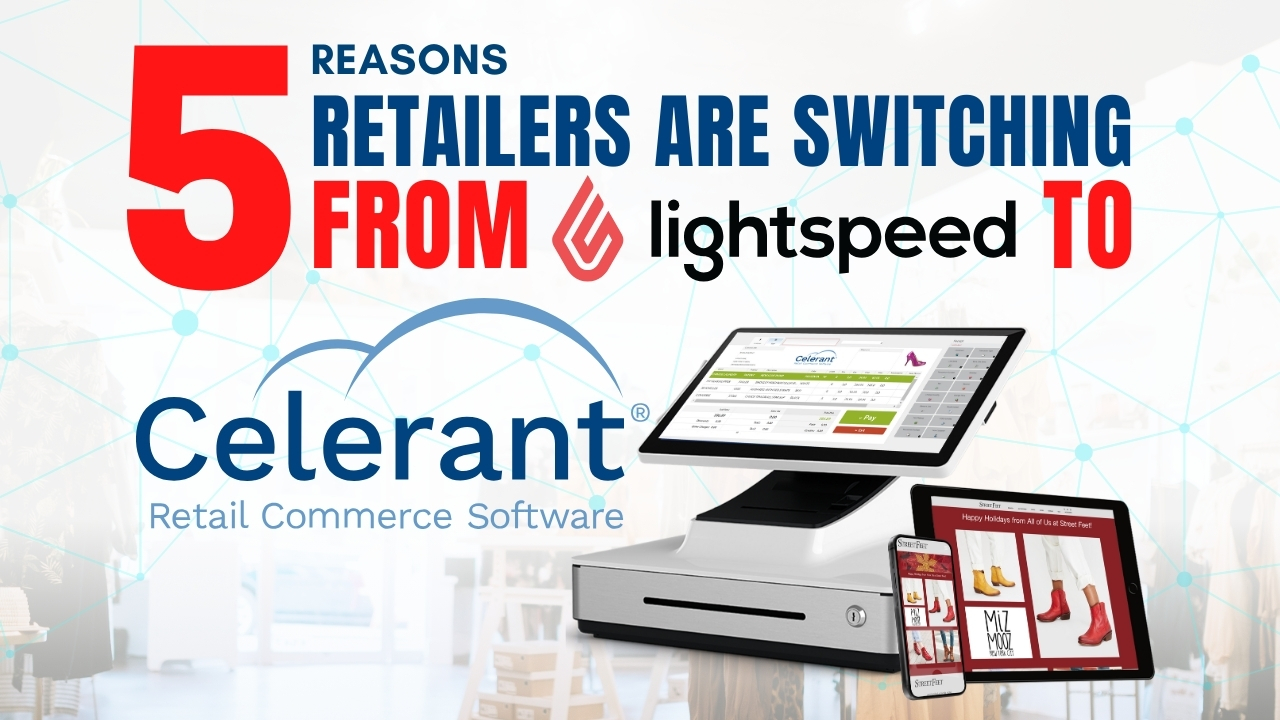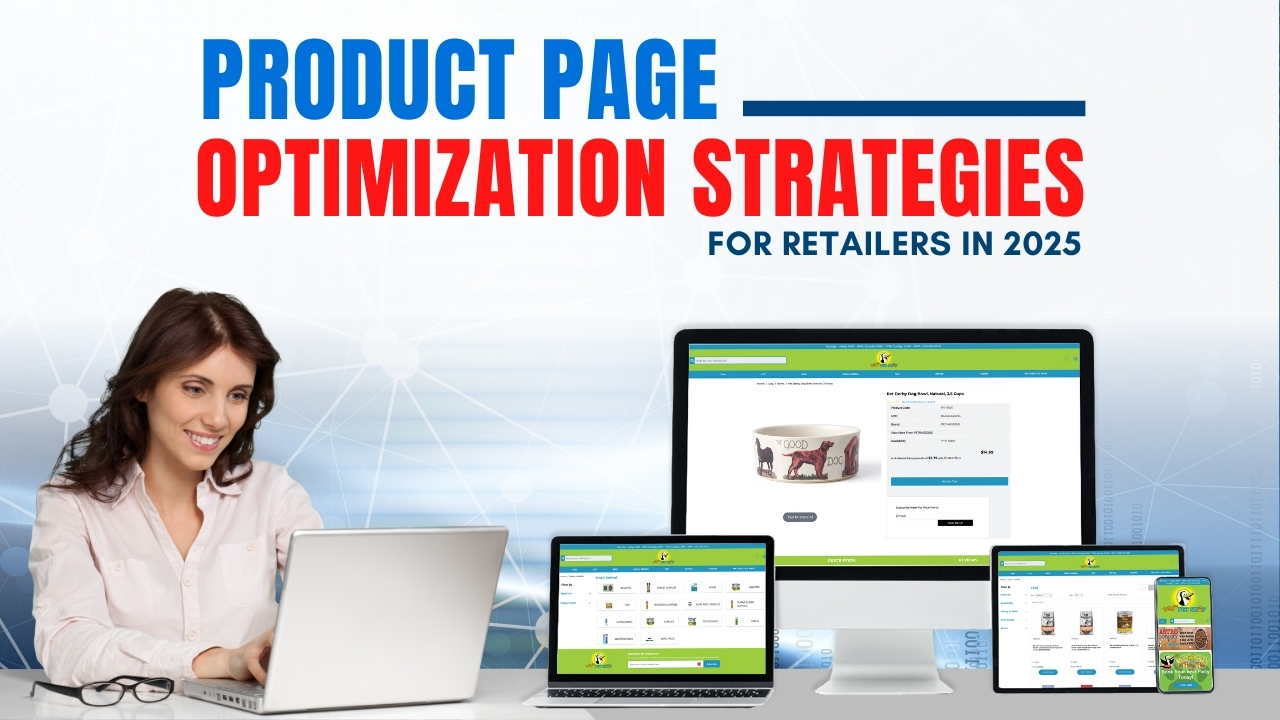Blog
Wholesale vs Retail Pricing: What’s the Difference?
September 12, 2024 / 7 minute read / By Zoya Naeem

Blog

Have you ever stocked your shelves and wondered why the same product is priced differently at your competitor’s store or online? One store has it marked down, while another has a hefty markup. What’s going on here?
It all comes down to wholesale vs. retail pricing, two sides of the same coin that every business owner needs to understand. Whether you are a seasoned retailer or a budding entrepreneur -understanding how these pricing strategies work is crucial for your bottom line.
Before we dive into the nitty-gritty of wholesale and retail pricing, let’s get our basics clear.
What does it actually mean to buy wholesale, and how does that compare to buying retail when you’re sourcing inventory?
Buying wholesale is like shopping in bulk at a major discount, but it’s only for businesses.
When you buy wholesale, you’re getting your products from wholesalers who sell in large quantities at prices much lower than retail. They can offer these low prices because they make their money by selling lots of stuff to businesses like yours.
Buying retail is a little different.
It means you’re getting your products from other retail stores -the kind that sell to the general public in smaller amounts. These stores have already bought the items from wholesalers, marked them up to make a profit, and now you’re buying from them. Now, because you’re paying more for each item than you would if you bought directly from a wholesaler -when you go to sell those items, your profit margin is smaller.
For example, let’s say you buy a set of coffee mugs from a retail store instead of a wholesaler. You pay $10 per mug, compared to $3 per mug wholesale. If you sell the mugs for $15 each (which is competitive with what others are charging), you make just $5 profit per mug or a 33% profit margin.
When it comes to sourcing inventory, understanding the key differences between wholesale and retail pricing is essential. These differences boil down to price, quantity, and who gets access to these deals.
| Aspect | Wholesale | Retail |
|---|---|---|
| Price | Wholesale prices are lower because you’re buying in bulk directly from the source. The more you buy, the less you pay per item. | Retail prices are higher since they include a markup from the wholesale price. You’re paying for convenience and smaller quantities. |
| Quantity | Wholesalers deal in bulk. You might need to buy a dozen or even hundreds of items to get those sweet, low prices. | Retailers sell by the piece. Whether you need one or ten, the price per item stays the same. There are no bulk discounts here. |
| Access | Wholesale is like a members-only club. You usually need to prove you’re a business or in a specific industry to buy from them. | Retail is open to everyone. Just walk in, pick what you need, and pay at the register -no special credentials required. |
As a retailer, buying wholesale is a smart way to boost your profit margins, but it can get even better with the right tools. Consider investing in a retail POS system that includes vendor integrations. This can help you easily find and compare bulk prices from multiple vendors, ensuring you get the best prices and keeping your shelves stocked with the products your customers love -all without the hassle of manually tracking down deals.
So, is it better to buy wholesale or retail? In most cases, buying wholesale will save you more money per item, which is great for your profit margins. However, there are scenarios where buying retail might be the better choice, especially if you need just a few items quickly or in smaller quantities.
Take a boutique clothing store, for instance. It makes more sense to order your clothing inventory wholesale. Since boutiques often need to stock up on various sizes and styles, wholesalers can provide these at lower prices due to bulk purchasing, which keeps your costs down and your profit margins up.
But let’s say you’re running low on a popular item, and your next wholesale shipment isn’t arriving for a couple of weeks. In this case, it might be worth it to make a quick stop at a retail store to grab a few pieces to keep your customers happy in the meantime.
On the flip side, if your business is constantly running short on inventory and you’re frequently topping up with retail purchases, those extra costs can eat into your profits. This is where an inventory management system can be a game-changer. It helps you forecast your needs more accurately so you can minimize those costly last-minute retail purchases and keep your margins intact.
When it comes to saving money as a retailer by buying wholesale, the amount you save can vary depending on your industry. Retail markups can differ widely, so it’s helpful to know the average markup percentages in your field to get a sense of how much you could potentially save by buying wholesale.
| Industry | Average Retail Markup |
|---|---|
| Electronics | 15-30% |
| Jewelry | 40-50% |
| Furniture | 20-50% |
| Clothing | 100-300% |
| Sports Equipment | 30-50% |
| Pharmaceuticals | 1000-5000% |
| Cell Phones | 8-10% |
As you can see, the potential savings from buying wholesale can be substantial. For example, if you’re in the clothing business, buying wholesale could save you a significant amount compared to retail prices due to the high markup in this industry.
To maximize your savings, always compare wholesale prices with retail markups in your industry. Using a robust inventory management system can also help you track your purchases and keep an eye on the savings from buying wholesale, ensuring you make the most out of your bulk purchases.
Generally, wholesalers aren’t keen on selling to the public. You usually need to prove you’re running a business to get access to those sweet bulk prices. This typically means showing an Employer Identification Number (EIN) or a similar business credential.
Some wholesalers go even further and prefer to only work with professionals in specific industries. For instance, if you’re in construction or interior designing, you might need to demonstrate that you’re actively working in these fields to score wholesale deals for industry-specific products.
However, some wholesalers might let you in on their bulk pricing if you’re a regular person willing to buy in large quantities. Just be prepared to make a sizable purchase to get that wholesale discount.
They way you source your inventory will have a major impact on your profitability. Wholesale can save you money, but it might mean carrying the same products as your competitors. Retail gives you flexibility but often at a higher cost.
Whatever route you choose, having the right tools to manage your inventory is essential. Our all-in-one Retail POS System is built to help you streamline your inventory management, automate ordering and reordering, and keep your stock levels just right—all so you can focus on driving your business forward.
Ready to equip your business with the tools it needs?
 Are you curious why retailers are switching from Lightspeed POS? Learn the 5 key reasons and benefits of… |
 Discover how the right product page optimization strategy can multiply your online conversion rates and… |